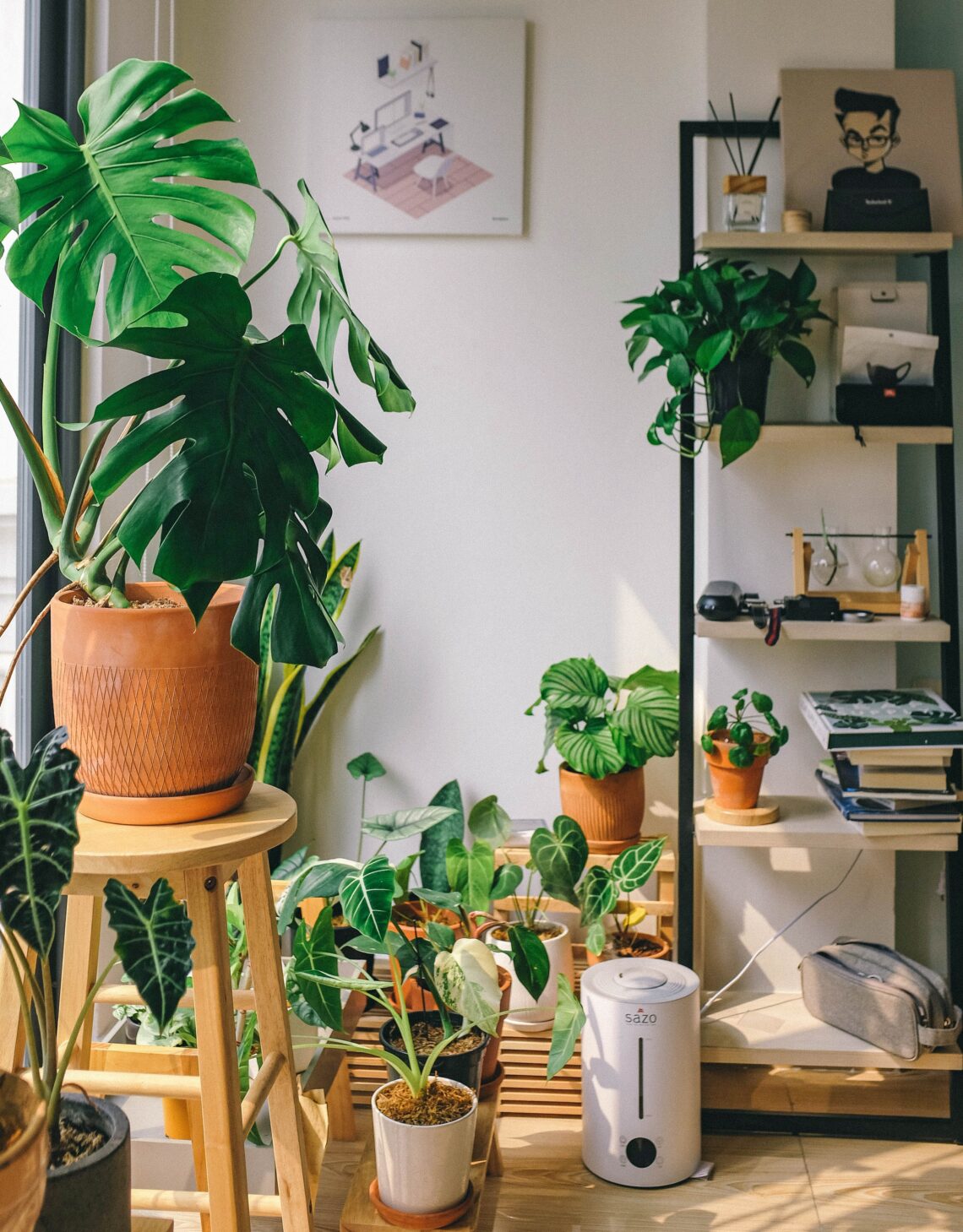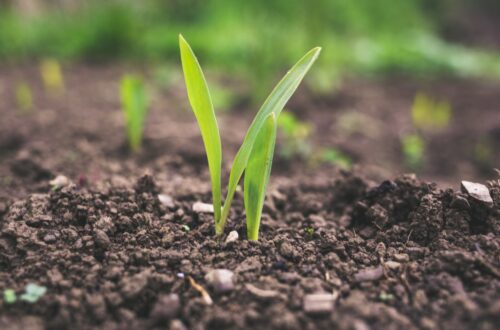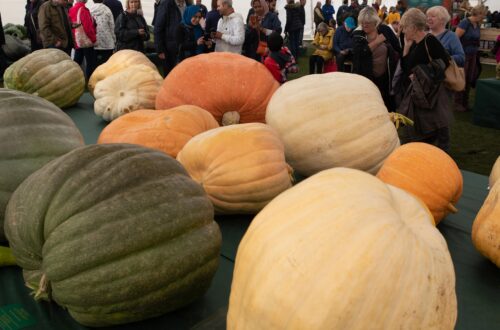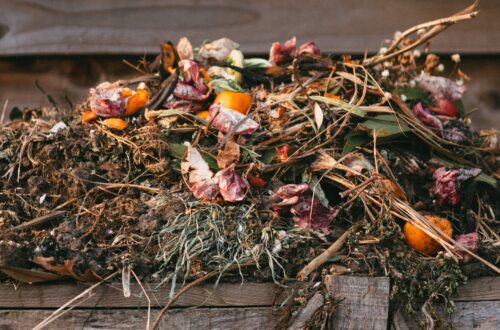Container gardening is a versatile and accessible way to bring the joys of gardening to even the smallest of spaces. Whether you have a spacious patio, a modest balcony, or a sunny windowsill, you can cultivate a vibrant garden with containers. I’ll delve into container gardening for beginners, offering essential tips and insights to help you start your green thumb journey.
Hopefully, you can learn from some of my mistakes along the way.
Select the Right Containers
The first step in successful container gardening is choosing the suitable containers. Opt for pots or planters made of plastic, clay, wood, or metal. Ensure they have drainage holes to prevent waterlogged soil, which can harm your plants. Additionally, select containers that match the size of the plants you intend to grow; larger plants need more room to thrive.
Choose the Appropriate Soil Mix
Container plants rely on the soil within their containers for nutrients, so selecting the right potting mix is crucial. Use a high-quality, well-draining potting soil specific to the types of plants you plan to grow. Consider adding organic compost to enrich the soil with essential nutrients.
Select Suitable Plants
Container gardening offers endless possibilities for plant selection. For beginners, start with plants that are relatively low-maintenance and well-suited to the conditions you can provide. Popular choices include herbs like basil and mint, colourful annual flowers, or compact vegetable varieties like cherry tomatoes and bell peppers.
Pay Attention to Sunlight
Understanding your plant’s sunlight requirements is essential. Observe the sunlight patterns in your chosen location and match your plants accordingly. Full-sun plants need at least six hours of direct sunlight daily while shade-loving plants thrive in indirect or dappled light.
Water Wisely
Container plants are more vulnerable to drying out than those in the ground, so proper watering is crucial. Water your container garden when the top inch of soil feels dry.
Be consistent, but avoid overwatering, which can lead to root rot. Consider investing in a drip irrigation system or self-watering containers for added convenience.
Fertilise Regularly
Container plants deplete nutrients more rapidly than those in garden beds. To keep your plants healthy, fertilize them regularly with a balanced, water-soluble fertilizer. Follow the instructions on the product label to avoid over-fertilization.
Prune and Deadhead
To encourage healthy growth and prolong flowering, don’t forget to prune and deadhead your container plants as needed. Remove dead or yellowing leaves and spent flowers to redirect the plant’s energy into new growth and blooms.
Monitor for Pests and Diseases
Keep a watchful eye on your container garden for signs of pests and diseases. Early detection and prompt action can prevent problems from spreading. Use organic pest control methods whenever possible to minimise harm to beneficial insects and the environment.
Enjoy the Fruits (or Flowers) of Your Labor
The beauty of container gardening for beginners is the immediate satisfaction of your efforts. As your plants thrive and produce flowers or fruits, take the time to savour your gardening accomplishments. Container gardening is not just about nurturing plants; it’s about cultivating a sense of wonder and connection to nature right at your doorstep.
Final thoughts on container gardening for beginners
Container gardening for beginners is a delightful and accessible way to embrace the joys of gardening, no matter your available space or prior experience. By selecting the right containers, soil mix, and plants, and providing the appropriate care, you can create a flourishing garden that brings beauty and life to your surroundings. So, grab your gardening gloves and embark on this green-thumb adventure—it’s time to let your container garden flourish!




